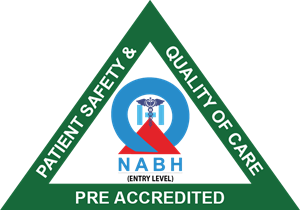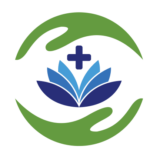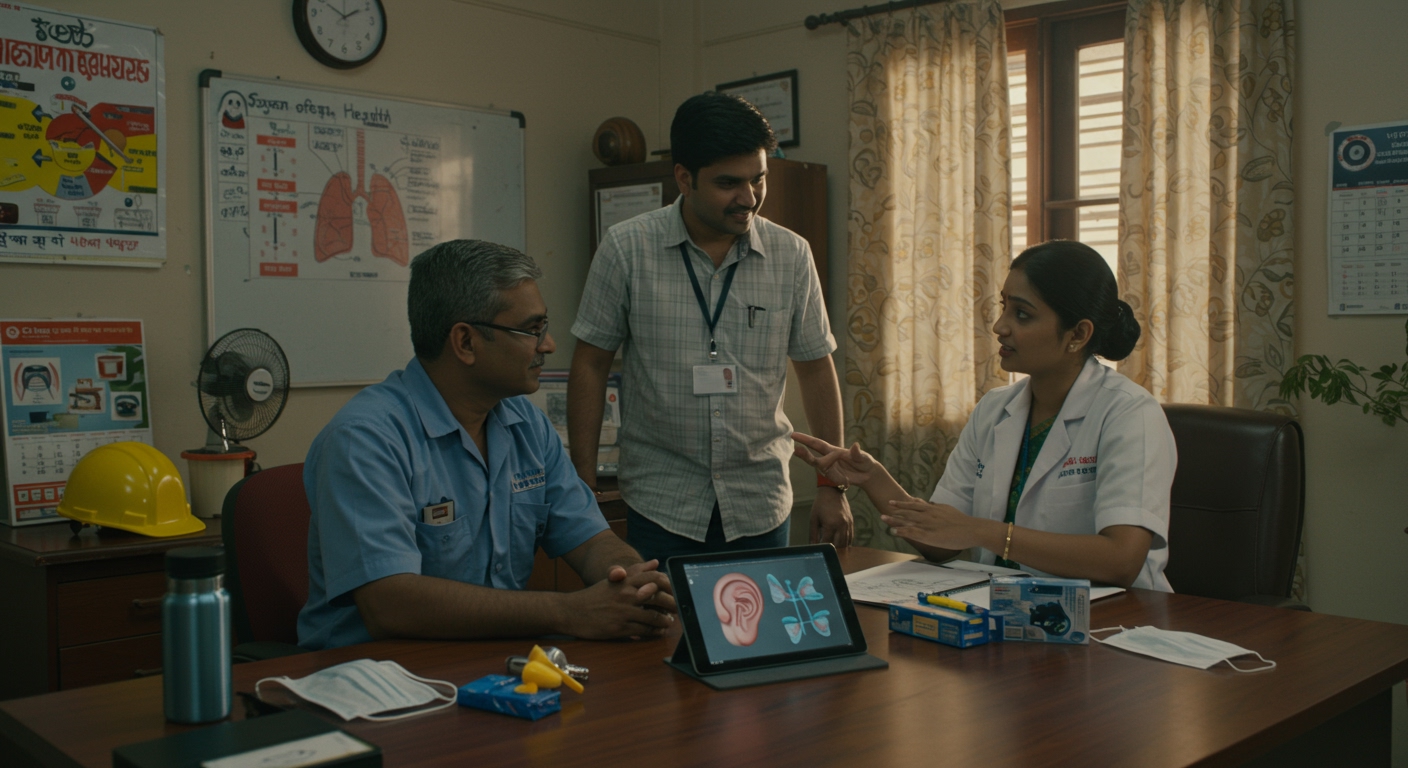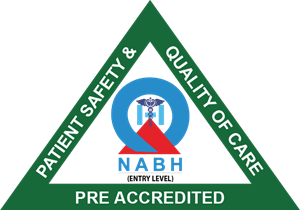Introduction to Occupational Diseases
Occupational diseases are health problems caused by work or workplace conditions. These work-related illnesses can affect many people in different jobs. For example, some workers may develop breathing problems, skin issues, or even hearing loss. Understanding occupational diseases helps you stay safe at work. According to the World Health Organization (WHO), these diseases are a major concern worldwide.
Definition of Occupational Diseases
Occupational diseases are illnesses or conditions that happen because of your job. They result from exposure to harmful substances or unsafe work practices. For instance, repeated contact with chemicals or loud noise can cause these diseases. Unlike injuries from accidents, occupational diseases develop over time.
Common Types and Examples of Occupational Diseases
Many types of occupational diseases exist. Some are more common in certain jobs. Here are a few examples:Lung diseases: Asthma, silicosis, and asbestosis often affect workers who breathe in dust or fumes.Skin diseases: Dermatitis and eczema can result from contact with chemicals or irritants.Hearing loss: Loud noise in factories or construction sites may cause permanent hearing problems.Muscle and joint problems: Repetitive tasks or heavy lifting can lead to back pain or carpal tunnel syndrome.Infectious diseases: Healthcare workers may catch infections like hepatitis or tuberculosis at work.
Causes and Risk Factors
Several factors can lead to occupational diseases. However, not everyone exposed will get sick. Some common causes include:Exposure to chemicals, dust, or fumesLong hours of repetitive workPoor ventilation or lightingLack of protective equipmentHigh noise levelsClose contact with sick people
Additionally, personal habits like smoking can increase your risk. Age and overall health also play a role.
Typical Symptoms and Warning Signs
Symptoms of occupational diseases can vary. Still, some warning signs are common. Watch for these symptoms of occupational diseases:Shortness of breath or coughingSkin rashes or itchingHearing loss or ringing in the earsJoint pain or muscle weaknessFrequent headaches or dizzinessUnusual tiredness
If you notice these signs, seek medical advice. Early action can prevent serious problems.
Diagnosis Methods
Doctors use several methods to diagnose work-related illnesses. First, they ask about your job and symptoms. Next, they may do physical exams and order tests. These tests can include:Blood testsChest X-raysHearing testsSkin patch testsPulmonary function tests (for lung problems)
Sometimes, doctors may visit your workplace to check for hazards. This helps find the cause of your illness.
Treatment Options
Treatment depends on the type and cause of the occupational disease. Often, removing the source of exposure is the first step. Doctors may also suggest:Medications to control symptomsPhysical therapy for muscle or joint issuesSpecial creams for skin problemsHearing aids for hearing lossRest and lifestyle changes
In some cases, you may need to change your work duties. Always follow your doctor’s advice for the best results.
Prevention Strategies and Workplace Safety Tips
Preventing occupational diseases is possible. Both employers and workers play a role. Here are some tips for prevention of occupational diseases:Use protective gear like masks, gloves, and earplugsFollow safety rules and trainingKeep your work area clean and well-ventilatedTake regular breaks to avoid strainReport unsafe conditions to your supervisorAttend health check-ups regularly
Employers should also provide safety training and regular health checks. This helps spot problems early.
Lifestyle Guidance for Affected Individuals
If you have a work-related illness, you can still lead a healthy life. For example, you can:Follow your treatment plan closelyEat a balanced diet and stay activeAvoid smoking and limit alcoholPractice stress management techniquesStay in touch with your healthcare team
Additionally, talk to your employer about changes that can help you work safely. Support from family and friends also makes a big difference.
Conclusion
In summary, occupational diseases are health problems linked to your job. They can affect anyone, but prevention and early care make a big difference. If you notice symptoms of occupational diseases, do not wait. Consult a healthcare professional for personalized advice on occupational diseases.





